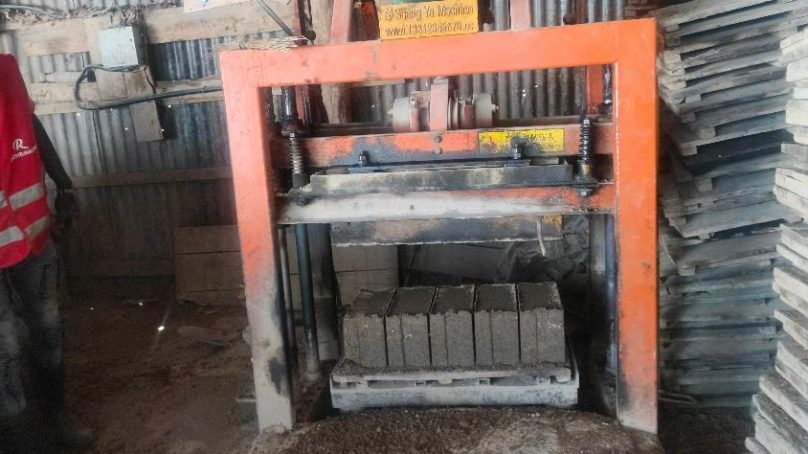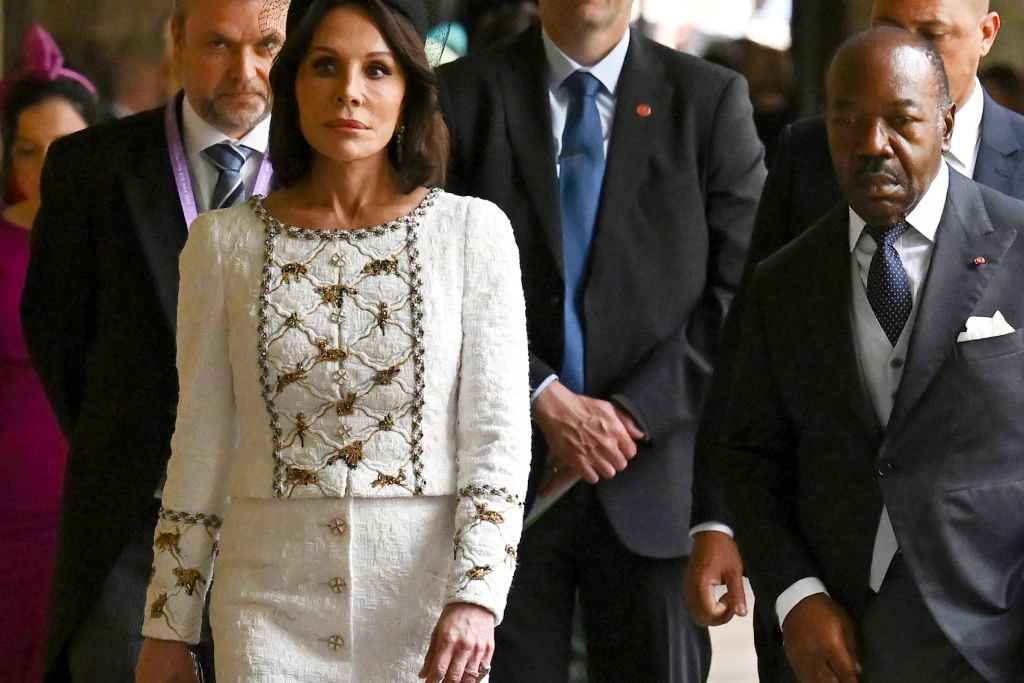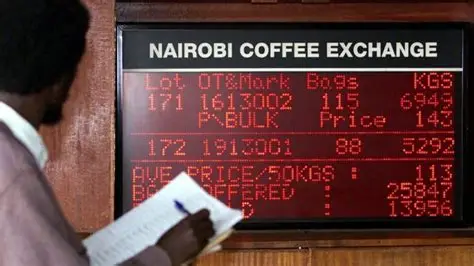
In the quiet village of Matsigulu, Central Maragoli, a local contractor-turned-entrepreneur is transforming the construction industry – one block at a time.
Idi Baraka, a seasoned contractor formerly based in Mbale Town, has returned to his roots to establish a thriving block-making enterprise that is fast becoming a key supplier of building materials in the area.
Operating from his homestead, Baraka runs an industrial-grade block-making machine capable of producing up to 1,000 blocks per day. Each block sells for Ksh75, offering a cost-effective alternative for builders in the region.
Baraka said he launched the venture in 2015 after investing Ksh1.6 million in machinery.
“I gained hands-on experience at various construction sites. That practical knowledge inspired me to start producing my own blocks,” he explained.
Although buyers cover their own transport costs, demand remains consistent, especially from local developers seeking nearby and affordable materials instead of sourcing from distant towns such as Kakamega or Kisumu.
The blocks are commonly used for foundations, walling and other structural applications. The business has injected economic life into the village by occasionally employing local youth as casual labourers, thereby providing much-needed job opportunities.
“This is not just a business for me – it’s my way of giving back to the community,” Baraka noted.
In addition to supplying construction materials, Baraka’s homestead has become a hub for technical innovation. He owns and operates a range of equipment, including welding machines, carpentry tools, masonry gear and the block-making unit. These tools serve both personal and training purposes.
Baraka believes his equipment could offer valuable hands-on experience to Technical and Vocational Education and Training (TVET) students.
“These tools can help young people acquire practical skills. TVET trainees would benefit greatly if given access to this kind of setup,” he said.
He hopes to expand operations and potentially open up his facility for formal training in collaboration with education stakeholders. His grassroots initiative aligns with the government’s push to strengthen TVET institutions and promote skill-based education nationwide.
Baraka’s story is a testament to how local innovation and self-initiative could drive development and empower communities from the ground up.
- A Tell Media / KNA report / By Rose Wasike and Welter Tiema







